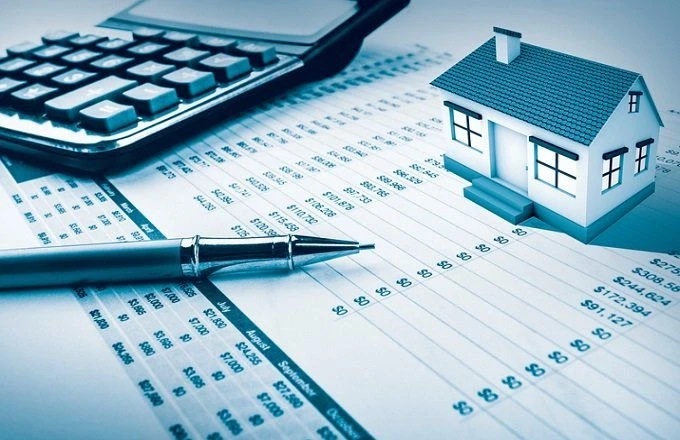Buying an owner-occupied home is a big investment and therefore your finances need to be in order before you buy a home. It can therefore be good to know in advance what it means to have a good economy.
The size of your debt matters
We want to make sure that you do not borrow more than your finances can handle. Therefore, we have a rule of thumb that younger or middle-aged home buyers should preferably not borrow more than 3.5 times the household income before tax - this is called a debt factor. You may also be interested in Hsbc Lifetime Mortgages Finance Hunt
Does your household, for example, have an income of DKK 700,000 and a total debt of DKK 3 million. DKK, you have a debt factor of 4.3. You can in principle borrow well if you have a debt factor above 4, but then you must have a "secured loan", eg a bond loan with a fixed interest rate and installments where there is no fluctuation in the interest rate.
There are exceptions as well. For example, if you are in education, you may have the opportunity to borrow more than other home buyers with the same income, as your income increases when you graduate.
A healthy economy with good savings
As a rule, you must save a minimum of 5 percent. of the price of the home up to the down payment, and you must have enough money to pay for purchase and relocation expenses that are not financed when the bank and mortgage loan is taken out.
The purpose is to ensure that your finances are robust to fluctuations in house prices, and at the same time, the rules help you learn to save up before investing in real estate.
If you dream of buying a home, but do not have to pay, then talk to us - then we will put together a plan.
Your monthly expenses should look reasonable after the home purchase so you can afford to live. So we recommend that you set a budget to get an overview of your existing expenses and then look at how your budget changes when you buy a home. If you have a look at a specific home, you can take as a starting point the sales list, where you have to reckon with both ownership costs and the price of the loan. It can be a good idea to live on the home purchase budget for a while and then save up the difference - then you can both get a feel for the economy and get bigger savings.



